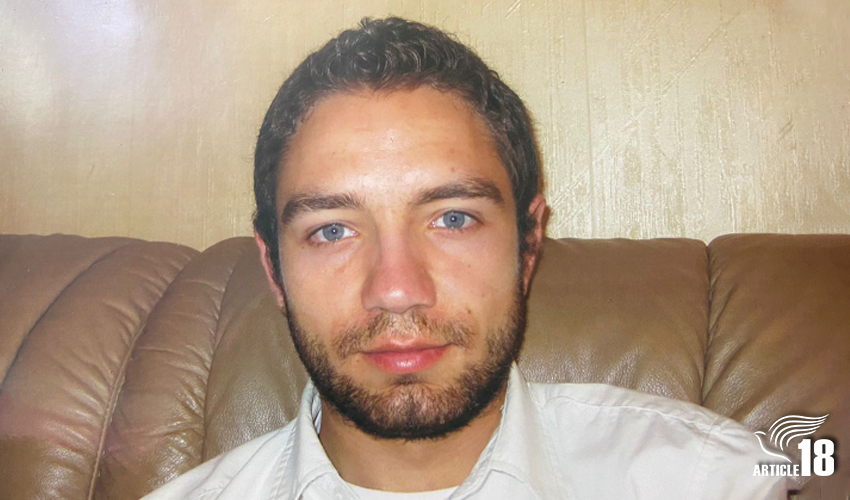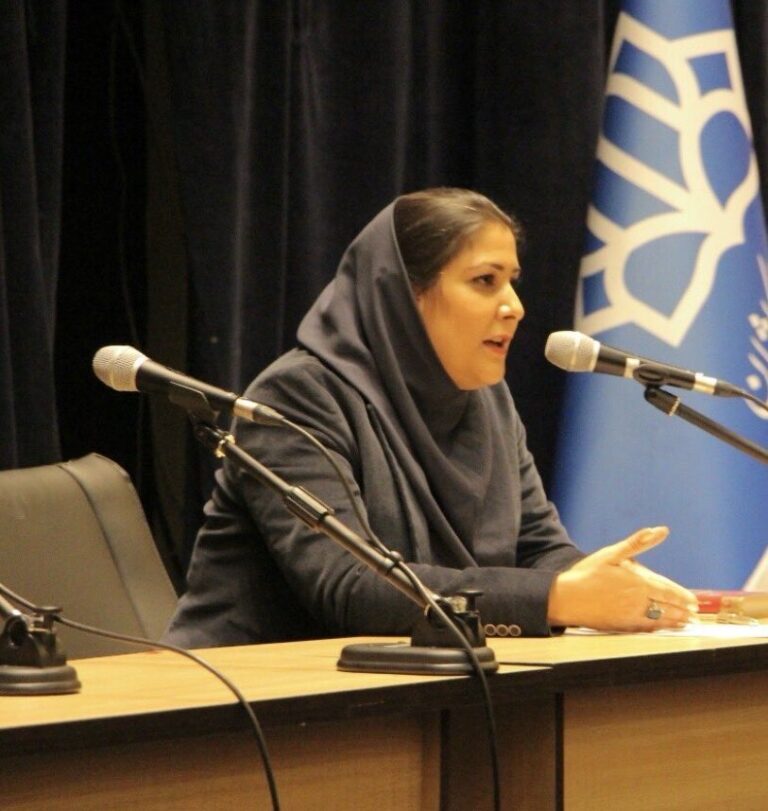
An Armenian Christian has been condemned to 10 years in prison in Iran despite his lawyer arguing that the case against him was so weak that the judge was forced to use a penal code provision enabling him to use his “intuition”.
Hakop Gochumyan, who has been detained since his arrest last summer, has been convicted of “engaging in deviant proselytising activity that contradicts the sacred law of Islam” through alleged membership and leadership of “a network of evangelical Christianity”.
However, according to an informed source, the 35-year-old’s conviction was based only on his possession of seven Persian-language New Testaments and visiting two Armenian churches and a Persian-language house-church while on holiday in Iran.
Article 160 of Iran’s Islamic Penal Code allows for judges to use their “personal intuition” when evidence is lacking, and Hakop’s lawyer argued that the judge in this case had been forced to use this provision, having found no other evidence against his client.
Hakop was sentenced in February, though it was not publicly reported at the time, and last week he was informed that his appeal had failed.
Hakop’s sentence was pronounced by the increasingly notorious judge of Branch 26 of the Revolutionary Court of Tehran, Iman Afshari, in a case that involved nine others.
Four, including Hakop, received 10-year sentences; one received a two-year sentence; five were banned from leaving Iran and from living in Tehran and its neighbouring provinces for two years; and all 10 were fined a total of 500 million tomans (around $8,000) and deprived of rights such as membership of political or social groups.
Many personal belongings were also confiscated, including cash, digital devices and even, unusually, some properties.
Background
Iran claims to provide religious freedom to its citizens, and frequently highlights its Armenian and Assyrian Christian minorities as examples of this alleged freedom.
However, the sentencing of Hakop – as well as Iranian-Armenian pastor Anooshavan Avedian, who is also serving a 10-year prison sentence for leadership of a house-church – shows that any “freedom” comes with limitations: specifically the freedom to share one’s non-Muslim faith with others.
Article 18 of the International Covenant on Civil and Political Rights, which Iran has ratified without reservation, enshrines religious freedoms including to choose one’s own faith, to change that faith, and to share it with others.
As a signatory to the covenant, Iran is obligated to provide these freedoms but consistently fails to do so.
The late president, Ebrahim Raisi, was head of the judiciary in 2021 when, in an official response to UN experts who had highlighted the arrests of house-church members on “national security” charges, those arrested were referred to as “enemy groups” of a “Zionist cult”.
Such labelling is an attempt to distinguish Christian converts, who are not recognised by the state, from the recognised Christians of Armenian and Assyrian descent, who are provided with a degree of freedom to worship, provided they do not proselytise.
But there is no freedom whatsoever for any non-Armenian or Assyrian Iranian who wishes to practise Christianity, as they are prohibited from attending the services of Armenians and Assyrians, who are themselves prohibited from preaching in the national language of Persian – all to reduce the chance of conversions.
As a result, converts, who far outnumber the ever-shrinking populations of Armenian and Assyrian Christians, have no place to worship and therefore meet together in their homes in what have become known as house-churches.
But these house-churches, though no different to any other groups of Christians meeting together to pray and worship around the world, are outlawed and members are routinely arrested and imprisoned on “national security” charges.



0 Comments
Trackbacks/Pingbacks